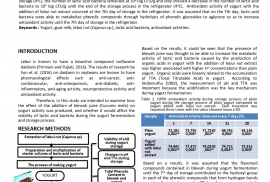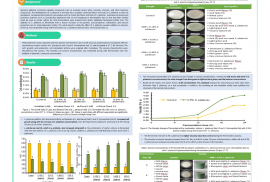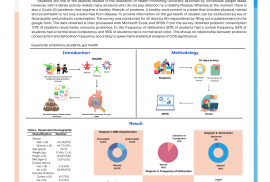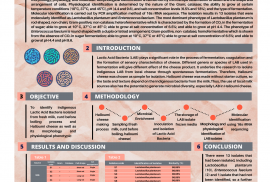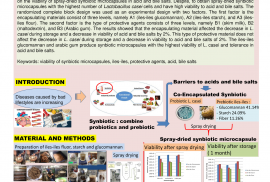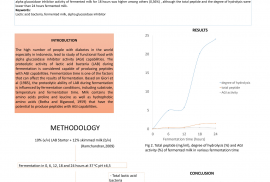By: Taslia Rizky Putri, Sherena Aulia Yuandini, Geri Nada, Cico Jhon Karunia Simamora
Abstract
Pekasam black tilapia is a functional food from fish fermented spontaneously with other ingredients such as the addition of salt and rice. Pekasam is a typical food Dayak tribe of West Borneo, and is known as a diarrhea-reducing food. This is due to the presence of potential bioactive compounds, bioactive peptides produced by lactic acid bacterial community during fermentation. Bioactive peptides are small proteins that are inactive when bound to parent protein complex. The bioactive component of this peptide is thought to act as an antidiarrheal through its antiadherence activity which prevents the attachment of ETEC to the intestinal wall. This study aims to determine the bioactive potential of pekasam black tilapia as antiadherence to ETEC and its chemical characteristics. Extraction bioactive peptides was carried out through fractionation and purification of ammonium sulfate using ion exchange dialysis membrane, which will measure protein content, as well as antimicrobial and anti-adhesive activity using Saccharomyces cerevisiae model cells. Results showed that the pH value of tilapia was 5,95. This is in accordance the taste which’s relatively sour and sweet. The highest bioactive peptide protein content was found in the 70% fraction of bioactive peptides pekasam black tilapia of 90%. Bioactive peptide pekasam black tilapia has best inhibition against the pathogenic bacteria Bacillus subtilis 80% with an average inhibitory diameter of 2,78 mm, besides that also affects attachment of ETEC bacteria to Saccharomyces cerevisiae model cells antiadherence percentage of 98% against ETEC bacteria.



